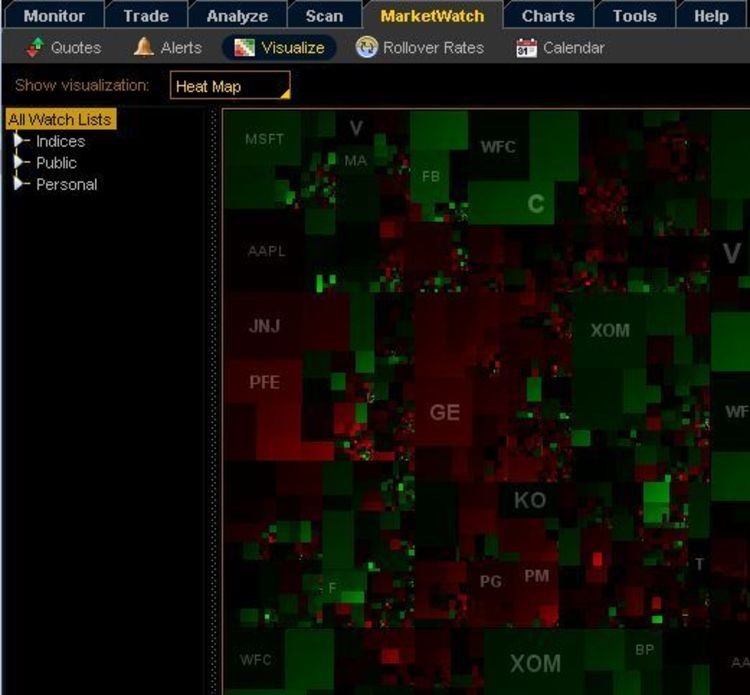Understanding Forex Rollover Credits And Debits
Post on: 21 Сентябрь, 2015 No Comment

Trades made with brokers in the spot foreign exchange (forex of FX) market, are subject to receiving interest or being debited interest, if positions are held overnight. This is known as rollover interest. This article will explain why rollover occurs and how traders can profit (or understand the debits) from it. We’ll also take a look at the tax considerations of rollover interest.
What Is Rollover Interest?
Rollover interest is paid or debited to traders who have open currency positions at 5 p.m. EST each day the trade is open. Trades opened before 5 p.m. EST and held until after this time, are considered to be held overnight and, thus, are subject to interest credit or debits depending on the position the trader has open.
Whether a credit or debit is applied to the trader’s account is determined by which country’s currency the trader bought or sold relative to another country’s currency. All currencies trade in pairs. meaning one country’s currency is always relative to another country’s currency. An example of this is the EUR/USD. Therefore, the amount of interest received by the trader, for holding the EUR/USD pair overnight, will be determined by the difference in interest rates prevailing in each location when the rollover occurs.
In most cases, retail forex brokers automatically roll over trades. Retail brokers do this to prevent traders, most of whom are speculators. from having to deliver actual currency to the party on the other side of the trade. Settlement. which is the day the trader would have to deliver actual currency to the person on the opposing side of the trade, is two days after the transaction took place. With brokers rolling over positions, trades can be left open without actual delivery of the full value of the currency position taking place. If rollover did not occur, the trader would be required to deliver the face value of the currency. This is because the forex market is where we trade contracts in which one currency is exchanged for another; this is to be delivered in two business days. (For more on settlement and other forex topics, take a look at our Forex Walkthrough Charts . Economics . Trading . or you could start at Beginner .)
Rollover interest is paid or debited based on the total value of the trade, and not simply the margin used for the trade. For example, if a trader is holding one lot of EUR/USD, he or she will be credited or debited interest on $100,000 (the full value of one lot), and not only the margin put up for the trade.
It is also important to note that rollover is not a charge for using leverage. It is a common misconception that if rollover is debited from a trader this is the cost of the leverage that a broker provided for this trader. This is not the case. The debit or credit is based on the difference between the interest rates of the countries involved in the currency pair the trader is holding.
Credits and Debits to Trading Account
Credits or debits, in interest, are paid based on which currency, in the currency pair, the trader has purchased and whether that country’s currency has a higher or lower interest rate attached to it. For example, if a trader purchases the USD/JPY pair, meaning they buy the U.S. dollar and sells the Japanese yen, and the dollar has a higher interest rate (2%) than the yen (0.5%), then the trader will be credited the interest rate differential — roughly 1.5% a year (unleveraged). If the trader sells the USD/JPY, meaning they sell the dollar and buys the yen, then they would be debited the interest rate differential between the two countries. (Learn about factors that influence interest rates in Forces Behind Interest Rates . )
Simply put, a trader will be paid interest each day that they hold the higher interest-bearing currency, or will be debited each day that they hold the lower interest-bearing currency. Countries’ interest rates are determined by a number of economic factors and change over time.
Because banks around the world are generally closed on Saturday’s and Sunday’s, the interest for these days is applied on Wednesday. This means that if a trade is left open on Wednesday and is held after 5 p.m. EST, that trade will be credited or debited for an extra two days of interest.
Brokers automatically do all of this for traders. A credit or debit will simply be shown in the account for each position that was open at 5 p.m. EST. This could happen through a debit or credit in the trader’s account, normally under a rollover or roll heading. It may also be debited or credited to a trader by way of an adjustment in the entry price.

Profiting from Rollover
Receiving rollover is an additional income stream over and above regular capital gains. For this reason, trades can be set up not only to take advantage of capital gains, but also interest income. Day traders can allow positions to stay open slightly longer to gain interest income, if they are long a higher interest rate bearing currency. Also, swing traders and investors may decide to only take longer term positions in currency pairs where they can be long the higher interest rate bearing currency.
Additionally, if a trader expects that a currency pair will remain relatively flat for the year, or finish the year around current values, they can take advantage of the interest rate differential on the currencies, and make a handsome profit, if in fact the currencies do stay around the same value (this also assumes interest rates don’t change). If an investor goes along the EUR/JPY believing they will close the year at roughly the same value, they can make a large profit by using forex market leverage. A 2% profit due to the interest rate differential could mean a 20% return if 10:1 leverage is used. This also means the investor could lose 2% (or 20% or more if leveraged at this level or higher) just by holding the lower interest bearing currency for a year.
Tax Considerations
Rollover interest is much like the interest paid to a bank account balance. Thus, rollover is taxed as interest income, and should be kept track of separately from capital gains for tax purposes. Brokers show interest received and debited in online trading activity statements.
The Bottom Line
Rollover is interest that is debited or credited to a trader’s accounts when positions are held after 5 p.m. EST. Whether interest is credited depends on whether the trader is long the higher interest rate bearing currency. If they are, they’ll receive a credit; if not, they’ll receive a debit. Rollover is done automatically, and nothing is required of the trader except to track interest separately for tax purposes (listed within the account reports). Rollover is calculated on the full value of the position, and, thus, can provide additional profit for the trader or cause a decrease in profits, or increase in losses. (To learn more, see Getting Started In Forex and Floating And Fixed Exchange Rates .)














